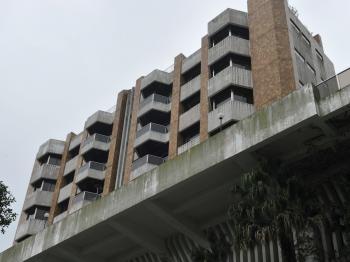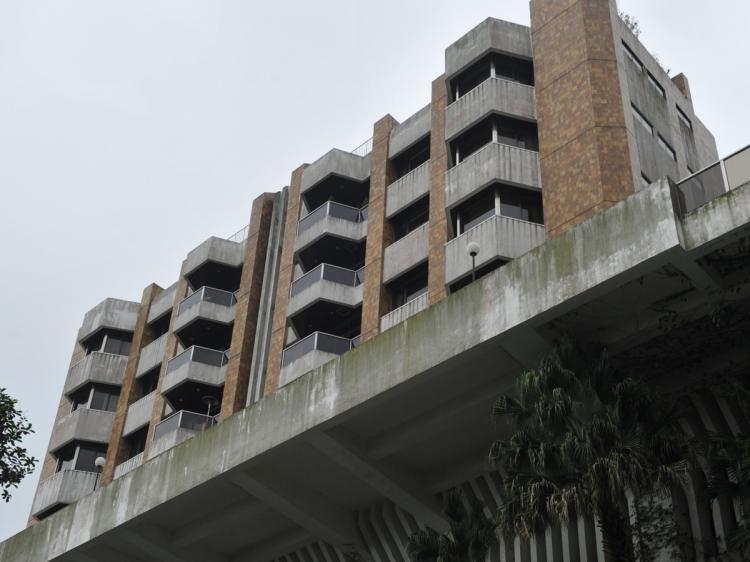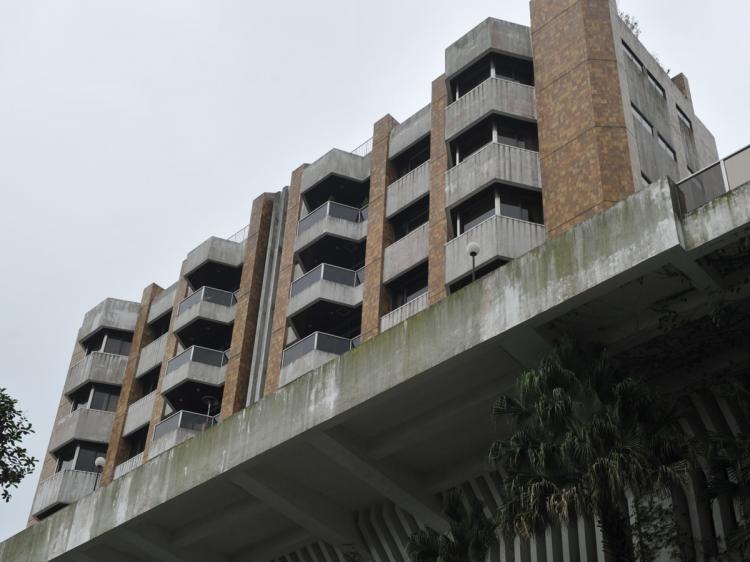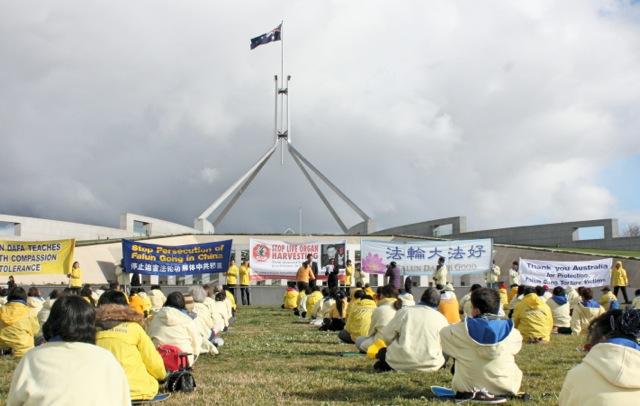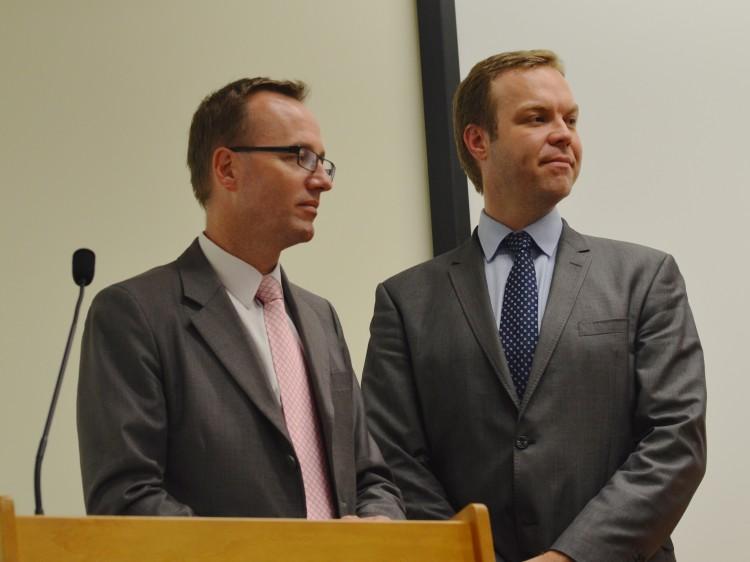Hong Kong’s property market has shown signs of weakness, after home prices dived 1.44 percent last week—the biggest weekly drop in 18 months.
The government has struggled to cool the market for months, as property prices have spiraled out of control. Since 2008, prices have jumped by an average of 41 percent, while investment hunger continued to grow.
The issue appears to lie in the supply-demand imbalance, with too few properties being present in the market and too many buyers seeking to purchase.
A massive influx of buyers from mainland China has been another cause. The Chinese stimulus package of November 2008 boosted liquidity, and cash-rich Chinese, facing restrictions on bringing out capital from China, bought properties in Hong Kong.
Hong Kong Island, Kowloon, and the New Territories all saw strong price increases in the first two quarters of 2009. The overall residential price index in Hong Kong rose 8.3 percent (8.4 percent in real terms) in the second quarter of 2009. But analysts say that new measures will have limited impact on property prices.
Government Tries to Cool
On May 12 the government pledged to inject land supply to cool the market. Bloomberg reports Financial Secretary John Tsang saying that Hong Kong may add as many as 60,000 homes over three to four years.
As a result, China’s property prices may drop between 20 percent and 30 percent in the “next few quarters,” according to Barclays Capital.
The Chinese regime may announce more measures to cool the housing market related to taxes and regulations, Wensheng Peng and Jian Chang, Hong Kong-based analysts, wrote in a note to clients, according to Bloomberg. They said housing price declines won’t cause a hard landing for the economy, nor will it have much of an effect on the banking industry.
China Vanke said its May sales fell 20 percent from a year ago to 5.1 billion yuan (about US$746 million), according to a statement to the Shenzhen exchange yesterday. Sales between January and May were 28 billion yuan (US$4 billion), it said.
New rules for developers were also introduced last week, in an effort to curb inflated sales and making the market more transparent.
In October 2009, developer giant Henderson Land made headlines after selling luxury apartments for record prices.
Soon after the development was launched the developer claimed to have sold a five-bedroom duplex, on the “68th floor” of the 46-story building for HK$439 million (US$57 million). The price, equating to US$9,200 per square foot, set the new world record for the most expensive apartment.
In March 20, the development was once again the subject of controversy when it was revealed that, five months after signing sale agreements, only one sale had been completed within the commonly accepted three-month completion period.
However, under new guidelines for developers, it won’t be able to aggressively market such units again.
Other measures in place include offering a price list for buyers three days before sales, and disclosing the selling price five days after the transaction, instead of a month.
The first government auction of this fiscal year, conducted on May 11, fetched HK$3.42 billion for a site on Lantau Island, a third less than the median HK$4.75 billion estimate of three surveyors compiled by Bloomberg.
